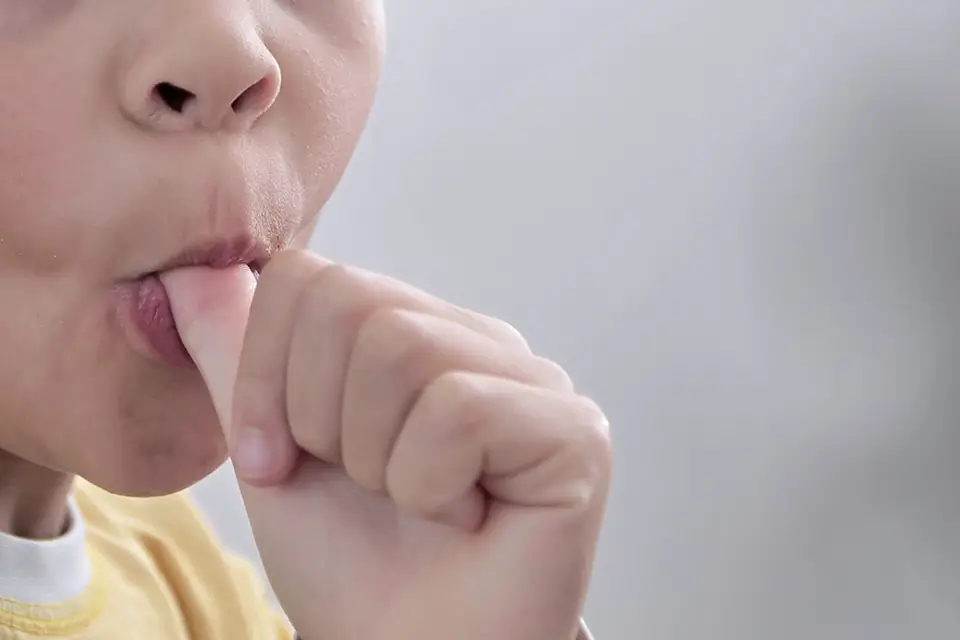
Dental
Emergency
Whether your dental emergency occurs on a Saturday morning or a Tuesday evening, our emergency dentists can help you find comfort.
Quick care for sudden oral problems, ensuring immediate relief and treatment.
Comprehensive oral care for all ages, promoting lifelong dental health and well-being.
Routine checkup for oral health, detecting issues early and maintaining a healthy smile.
Specialized oral care for children, ensuring a healthy smile and positive dental experiences.
Professional oral hygiene procedure removing plaque, tartar, and stains for a healthier smile.
Surgical removal of teeth for oral health, relieving pain and preventing complications.
Thin porcelain shells bonded to teeth, improving appearance and covering imperfections.
Cosmetic procedure to lighten and brighten teeth, enhancing smile aesthetics.
Fixed prosthetic device replacing missing teeth, restoring oral function and appearance.
Custom-made restoration caps a damaged tooth, restoring its shape, strength, and function.”
Specialized dental care for children, correcting tooth and jaw issues to ensure healthy development.
Straightening and aligning teeth for improved oral health and a confident smile.
Clear, removable aligners for discreet teeth straightening, offering a comfortable and nearly invisible orthodontic solution.
Custom devices maintain post-orthodontic tooth alignment, preserving your newly corrected smile.
Permanent tooth replacements surgically anchored for natural appearance and function.
Full-arch tooth restoration with four implants, offering stable and efficient smile rehabilitation.
Surgical procedure to strengthen and rebuild bone, often used for dental implant support.
Dental procedure to treat infected or damaged tooth pulp, relieving pain and preserving the tooth.
Restoration of cavities with materials like composite or amalgam, preserving tooth integrity and function.
Non-invasive procedure using special materials to repair and enhance teeth, improving appearance and function.”
Removable prosthetic teeth to replace missing ones, restoring oral function and aesthetics.
Techniques to relax and ease anxiety during dental procedures, ensuring patient comfort and a stress-free experience.
Whether your dental emergency occurs on a Saturday morning or a Tuesday evening, our emergency dentists can help you find comfort.
Severe tooth pain
Uncontrolled Bleeding from the Mouth
Knocked-out tooth
Infection
When assisting patients in determining whether they need urgent dental care, it is important to be aware of circumstances that do not fall within the emergency dental care category.
A fractured or chipped tooth may not require immediate attention unless there are fragments that could cause injury or discomfort in your oral cavity.
It is advisable to schedule an appointment with a general dentist when the pain is manageable, as a toothache may require prompt attention. However, seeking immediate dental attention for a toothache may not be imperative if you can tolerate the discomfort.
Although a missing crown or filling may not be an emergency, sometimes it may be considered a priority and schedule you for an earlier appointment than usual.
It is advisable to contact your dentists at Zara Dental even if you do not perceive the situation as an emergency. Our dental practice can arrange a prompt appointment for you, allowing you to receive treatment earlier than anticipated.
Stay Calm
Relieve Pain
Protect Teeth
Handle a Knocked-Out Tooth
Stop the Bleeding
Treat Broken Teeth
Contact Your Dentist
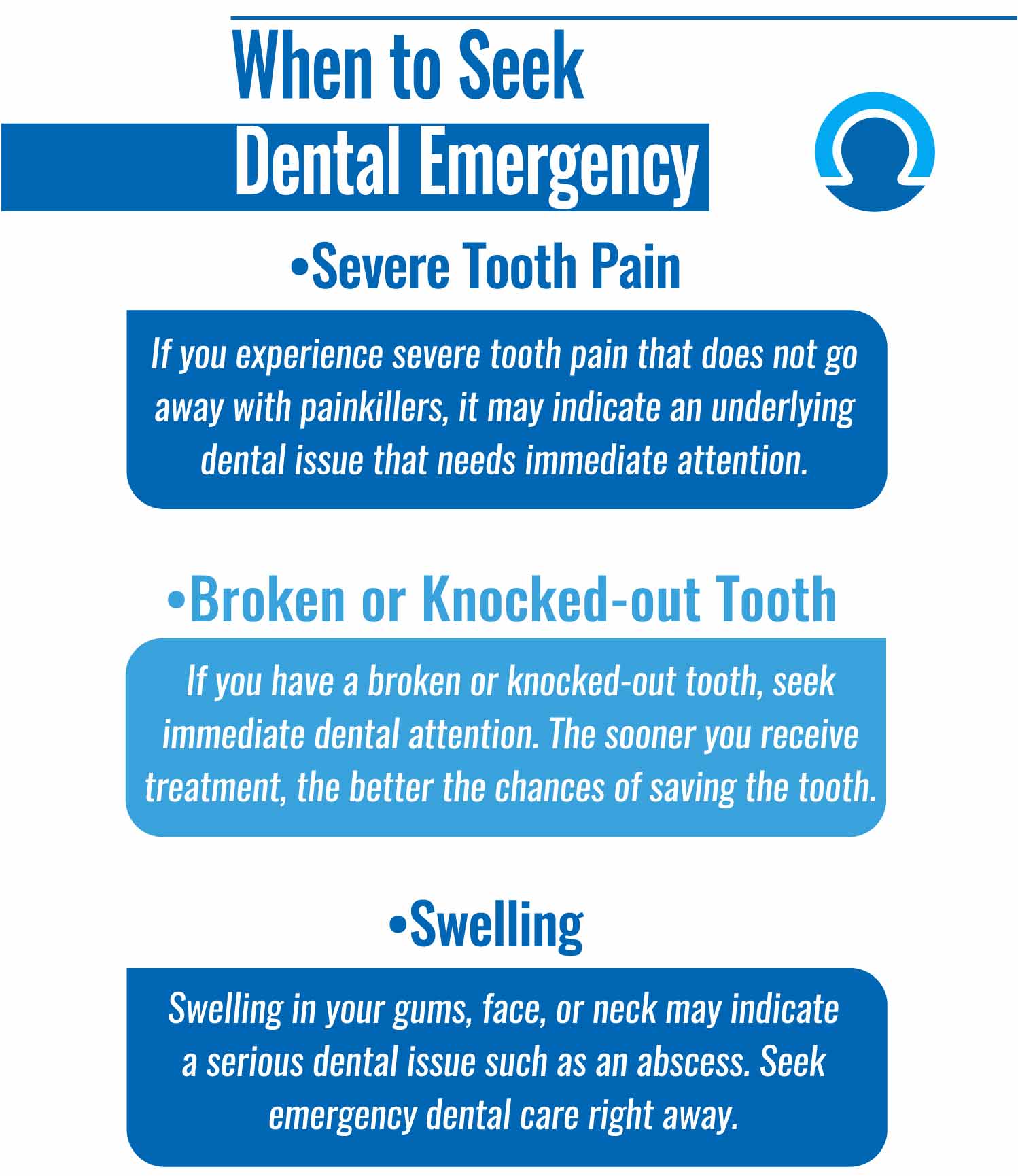
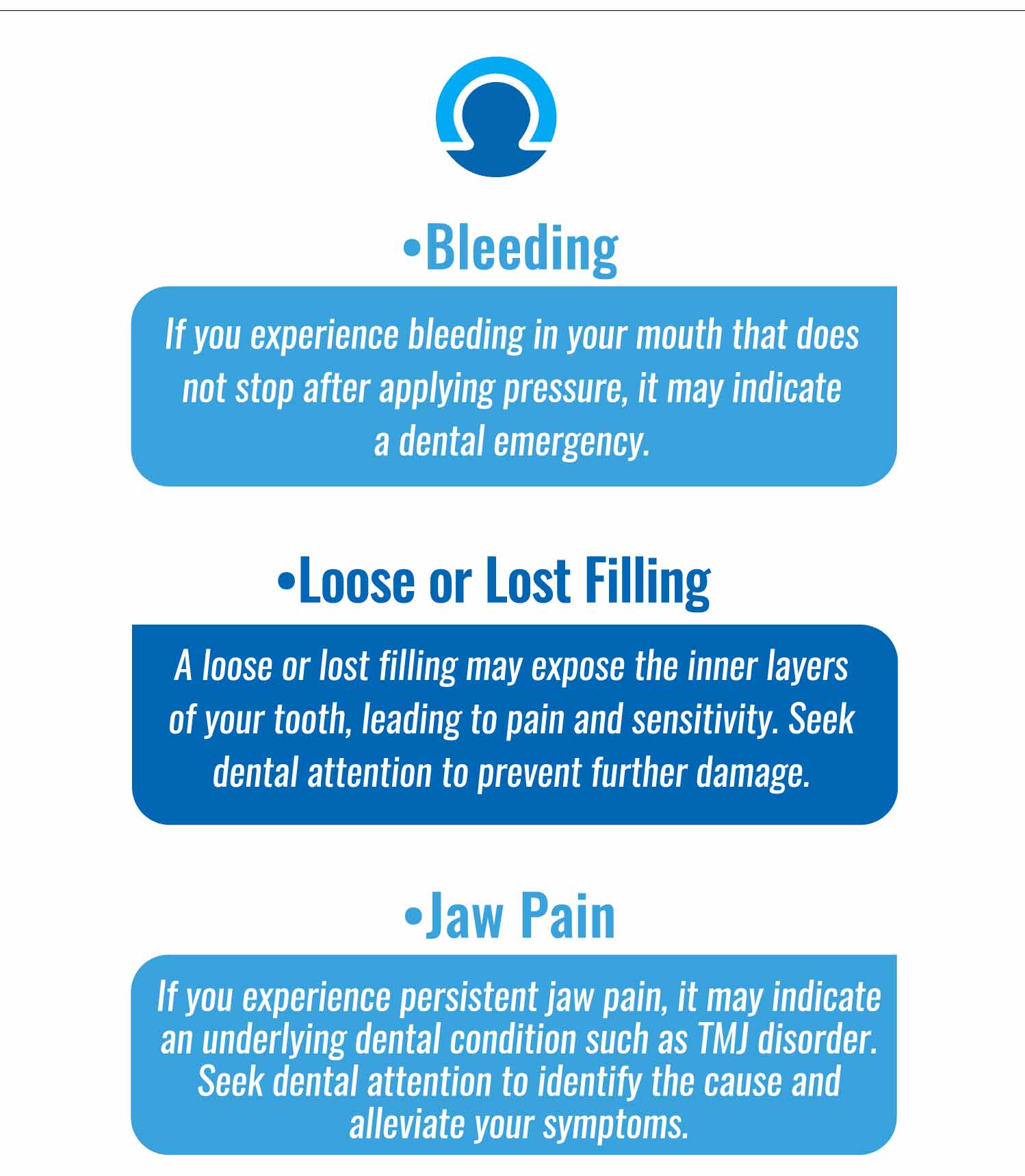
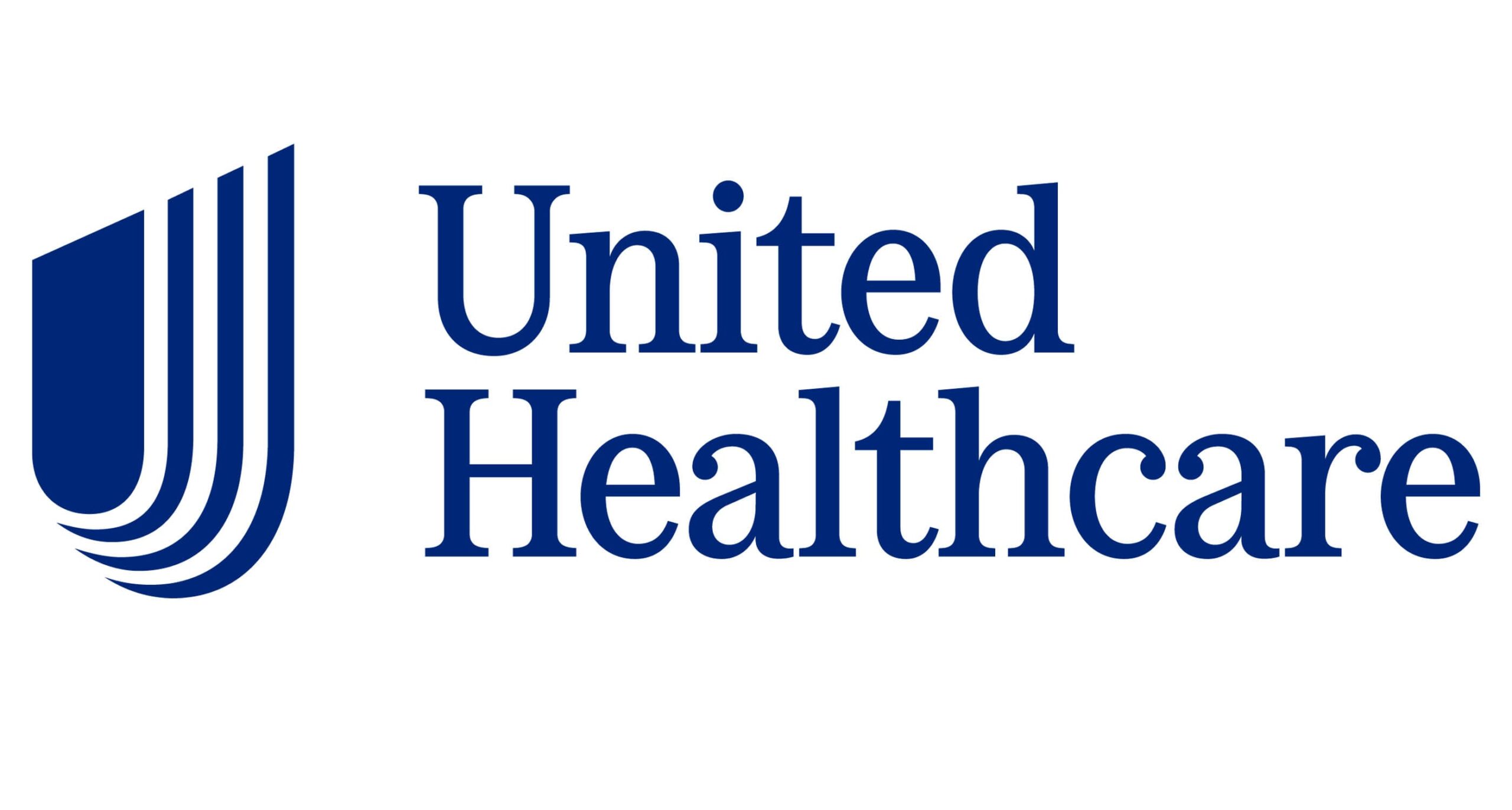


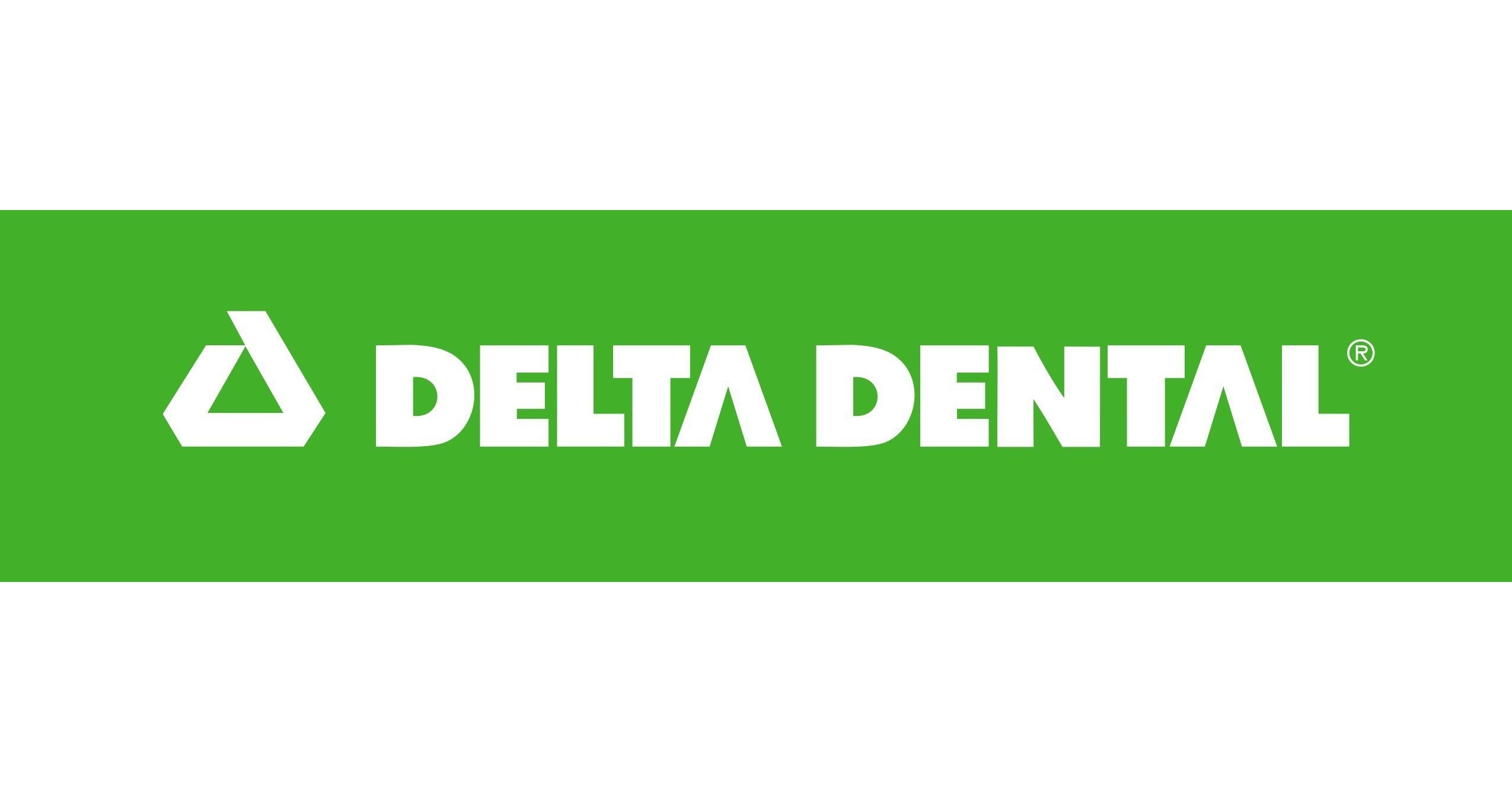

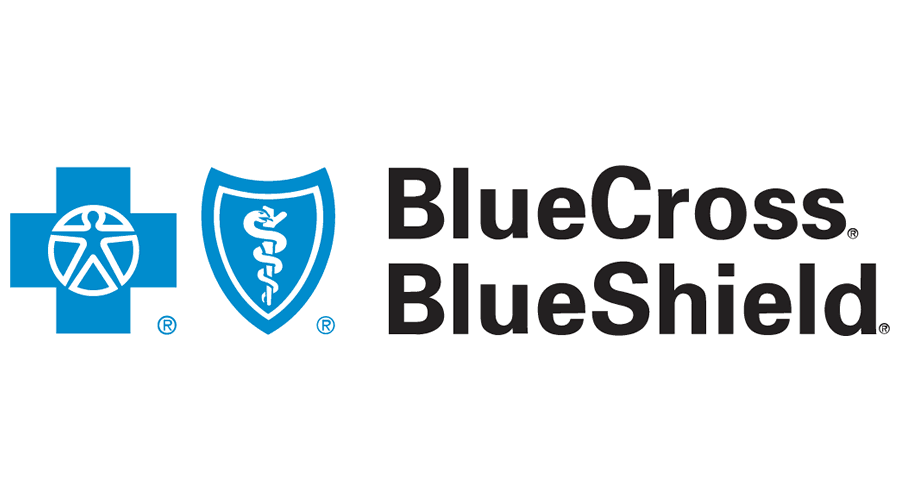



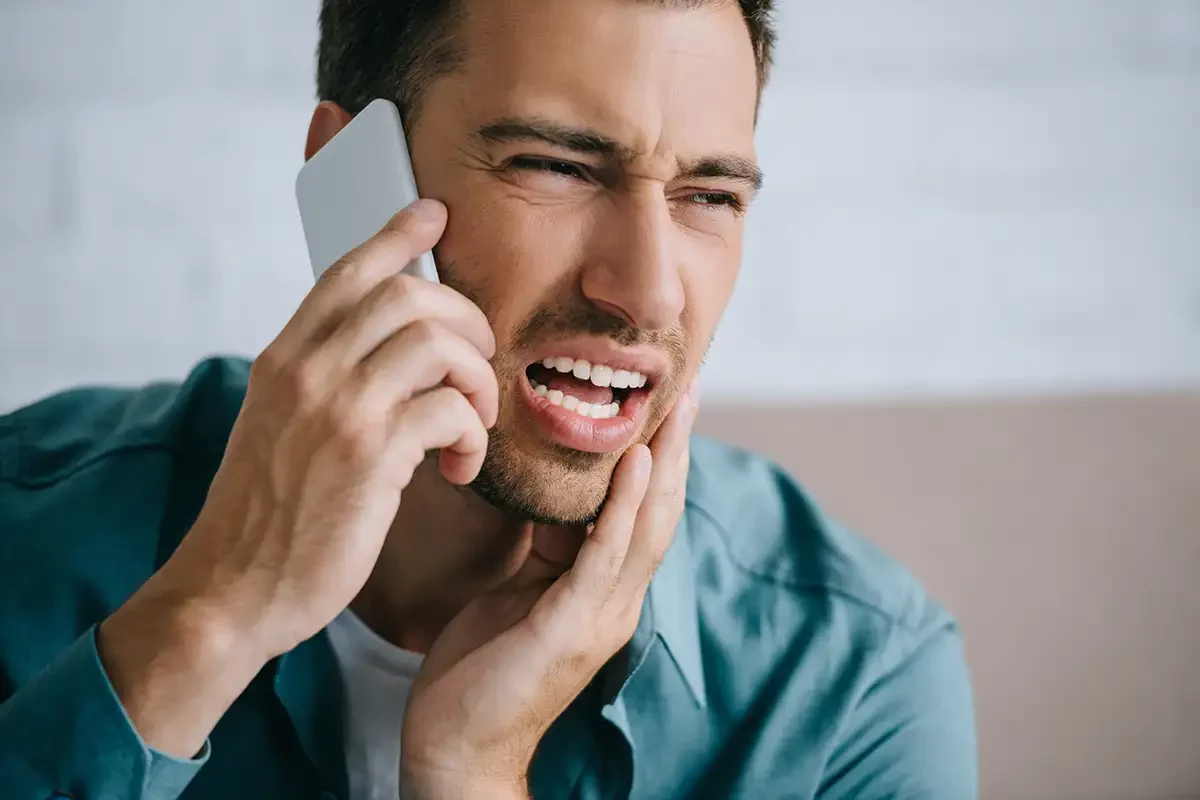
You can experience pain from your teeth in any area of your life. A toothache that begins mildly might develop into headaches, insomnia, and inability to eat or drink.
Dental emergencies are not the same as medical emergencies, so it’s important to know what a dental emergency is and how to treat it. At Zara Dental , we take dental emergencies very seriously and offer new and existing patients emergency dental appointments.
Even if you don’t think you have a dental emergency, you should still call our dentist for advice. Our dentists can give you a last-minute appointment so you can feel better as soon as possible.
"I feel excited and grateful to the work team and the wonderful doctor who removed my teeth. I recommend Zara Dental, they are the best ❤️🙏🏽"
Cintia Sosa
"This place is amazing, they really make you feel comfortable and they’re very professionals. Great experience with the stuff and the doctors 10/10"
Permanent Beauty
"Great environment and the customer service is excellent! Receptionist Vianka was very helpful during my visit. She was very patient when regarding all my questions and concerns, made me feel heard."
Yaritza Correa
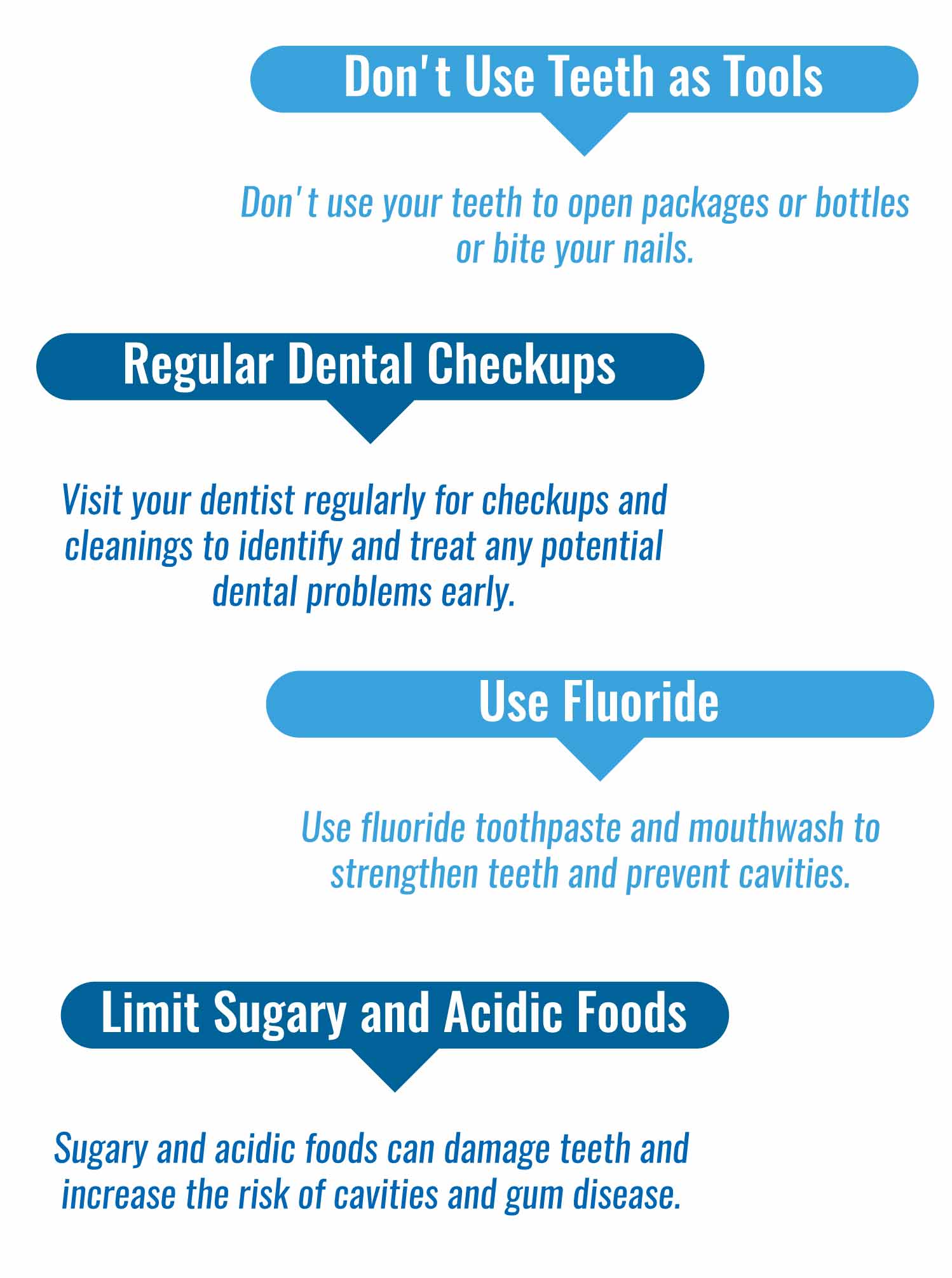
Anytime there is a dental emergency, it can be frightening and overwhelming. It’s critical to comprehend the actions necessary to preserve ideal dental health and stop additional damage. It is imperative that you get immediate dental attention if you or someone in your care has discomfort, swelling, numbness, gum discolouration, or difficulty chewing or drinking with an open mouth. We understand that not every dental emergency calls for assistance after hours.
Please call 713-766-1122 to make an emergency appointment at Zara Dental Clinic in Houston, Texas. One of our staff members will be able to tell you what to do next.